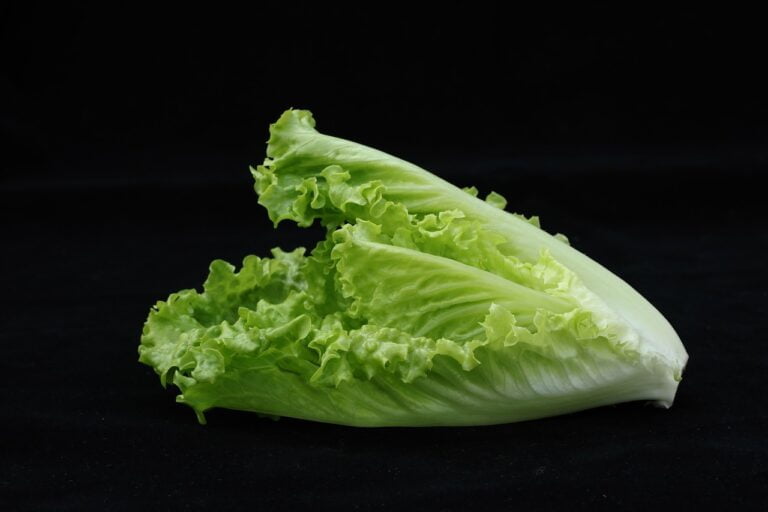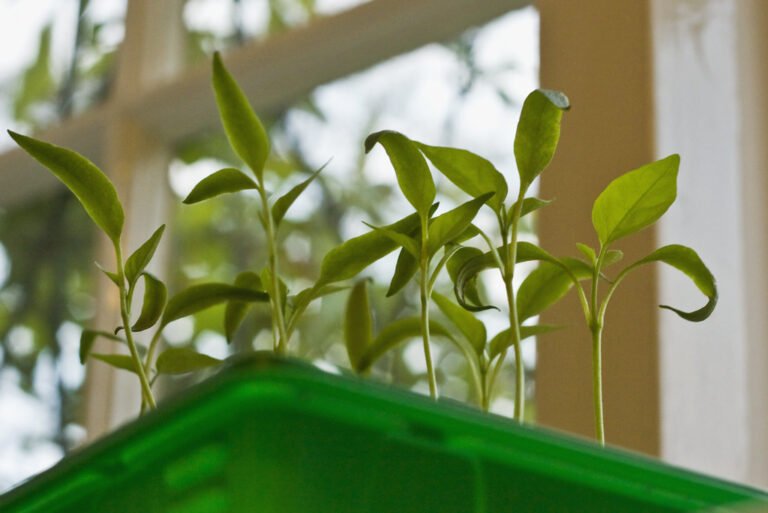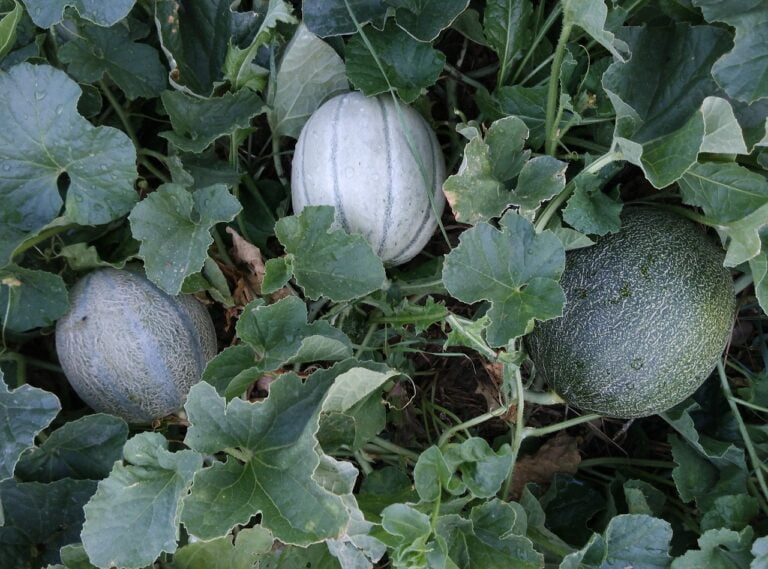Exploring the Benefits and Uses of Cornflower Seeds
Discover the endless possibilities of cornflower seeds. From enhancing your health to adding flavor to your dishes, these tiny powerhouses have got you covered. Dive into the world of natural remedies and learn how to grow cornflower seeds in your own garden. Attract pollinators to your space or create your own homemade skincare products. With cornflower seeds, you can even dye fabrics and brew soothing tea infusions. Uncover the secrets of traditional medicine and unlock the true potential of cornflower seeds.
Health Benefits of Cornflower Seeds
Discover the numerous health benefits that cornflower seeds offer for your well-being. These tiny seeds are packed with essential nutrients that can boost your overall health. Firstly, cornflower seeds are a great source of fiber, which aids in digestion and helps prevent constipation. Secondly, they are rich in antioxidants, such as flavonoids and phenolic compounds, which can protect your body against harmful free radicals and reduce the risk of chronic diseases. Additionally, cornflower seeds contain omega-3 fatty acids, which are known for their anti-inflammatory properties and can help lower the risk of heart disease. Lastly, these seeds are a good source of vitamins and minerals, including vitamin E, magnesium, and zinc, which support a healthy immune system and promote optimal functioning of various bodily processes. Incorporating cornflower seeds into your diet can be a simple and effective way to improve your overall well-being.
Culinary Uses of Cornflower Seeds
How can you incorporate cornflower seeds into your cooking to enhance the flavor and nutritional value of your meals? Cornflower seeds are a versatile and nutritious ingredient that can be used in a variety of culinary creations. One popular way to use cornflower seeds is by adding them to baked goods such as breads, muffins, and cookies. They add a delightful crunch and a subtle nutty flavor to these treats. You can also sprinkle cornflower seeds on top of salads, soups, and stir-fries to add texture and visual appeal. Additionally, you can grind cornflower seeds into a fine powder and use it as a seasoning for meats, vegetables, and sauces. The possibilities are endless when it comes to incorporating cornflower seeds into your cooking, so get creative and enjoy the added flavor and nutrition they bring to your meals.
Cornflower Seeds in Natural Remedies
Using cornflower seeds in natural remedies can provide a range of health benefits and aid in various ailments. These tiny seeds are packed with medicinal properties that have been used for centuries. One of the most common uses of cornflower seeds is in relieving eye irritation and reducing puffiness. You can make a simple eye wash by steeping the seeds in boiling water and then straining the liquid. Another popular remedy is using cornflower seeds to soothe skin inflammation and promote healing. You can create a paste by grinding the seeds and mixing them with a carrier oil, such as coconut oil. This paste can be applied to irritated skin to reduce redness and soothe itchiness. Overall, incorporating cornflower seeds into your natural remedies can be a valuable addition to your health and wellness routine.
Growing Cornflower Seeds in Your Garden
To successfully grow cornflower seeds in your garden, you'll need to prepare the soil and provide proper care throughout the growing season. Start by selecting a sunny location with well-draining soil. Cornflowers thrive in soil that is slightly acidic to neutral, so test the pH and amend if necessary. Till the soil to remove any weeds or debris, then mix in organic matter like compost or aged manure to improve fertility. Sow the seeds directly into the soil in the early spring, about half an inch deep and one inch apart. Keep the soil consistently moist but not waterlogged. As the plants grow, thin them out to about six inches apart. Provide support for taller varieties to prevent them from toppling over. Deadhead the flowers regularly to promote continuous blooming. With proper care, you'll soon have a beautiful garden filled with vibrant cornflowers.
Cornflower Seeds for Attracting Pollinators
To attract pollinators to your garden, plant cornflower seeds in your flower beds or containers. Cornflowers, also known as Centaurea cyanus, are highly attractive to bees, butterflies, and other beneficial insects. The vibrant blue petals, combined with their nectar-rich centers, act as a magnet for these pollinators. When sowing your cornflower seeds, choose a sunny spot with well-drained soil. Loosen the soil and remove any weeds before planting. Scatter the seeds evenly and lightly cover them with a thin layer of soil. Water gently to keep the soil moist until the seeds germinate. Once the plants have grown, make sure to provide them with regular watering and remove any spent flowers to encourage continuous blooming. By incorporating cornflowers into your garden, you will not only create a beautiful display but also support the important work of pollinators in your area.
Cornflower Seeds for Ornamental Purposes
Planting cornflower seeds in your garden will add a vibrant and eye-catching element to your outdoor space. These beautiful flowers come in a variety of colors, including blue, pink, and white, making them perfect for adding pops of color to your garden beds or borders. Cornflowers, also known as Centaurea cyanus, are hardy annuals that are easy to grow and require minimal maintenance. They have long, slender stems that hold up the delicate blooms, creating a lovely display. Whether you choose to plant them in clusters or intersperse them among other plants, cornflowers will surely attract attention and bring joy to your garden. Their bright colors and charming appearance make them an excellent choice for adding beauty to any landscape.
Cornflower Seeds for Homemade Skincare Products
If you want to enhance your skincare routine, consider incorporating cornflower seeds, as they offer numerous benefits for homemade skincare products. These tiny seeds are packed with nutrients and antioxidants that can help nourish and protect your skin. To create a homemade skincare product using cornflower seeds, you can start by grinding the seeds into a fine powder. This powder can then be mixed with other ingredients such as honey, yogurt, or aloe vera gel to make a face mask or scrub. The cornflower seeds will help exfoliate your skin, remove dead cells, and leave it feeling smooth and rejuvenated. Additionally, the anti-inflammatory properties of cornflower seeds can help soothe irritated skin and reduce redness. So why not give it a try and give your skin the natural care it deserves?
Cornflower Seeds for Dyeing Fabrics
When dyeing fabrics, cornflower seeds can be a valuable resource for achieving vibrant and natural colors. These tiny seeds contain pigments that can be extracted to create beautiful dyes for your fabrics. To begin, you will need to gather a handful of cornflower seeds and crush them slightly to release their color. Next, place the crushed seeds in a pot with water and bring it to a boil. Allow the mixture to simmer for about an hour, stirring occasionally. Once the liquid has cooled, strain out the seeds and you will be left with a richly colored dye. Now, immerse your fabric in the dye and let it soak for several hours, stirring occasionally to ensure even color distribution. Finally, rinse the fabric thoroughly and hang it to dry. You will be amazed at the vibrant and natural hues that can be achieved with cornflower seed dye.
Cornflower Seeds for Tea Infusions
To continue exploring the benefits of cornflower seeds, you can use these versatile seeds to create flavorful and soothing tea infusions. Cornflower tea has been enjoyed for centuries due to its numerous health benefits and delicate floral flavor. To make cornflower tea, simply add a teaspoon of dried cornflower seeds to a cup of boiling water and let it steep for 5-10 minutes. You can also mix cornflower seeds with other herbal teas like chamomile or lavender for a unique blend of flavors. Cornflower tea is known for its calming properties and can help alleviate stress and anxiety. Additionally, it is believed to have anti-inflammatory and antioxidant properties, making it a great choice for promoting overall wellness. So why not indulge in a cup of cornflower tea and experience its soothing effects today?
Cornflower Seeds in Traditional Medicine
One can find various uses of cornflower seeds in traditional medicine. These tiny seeds have been utilized for centuries to treat a wide range of ailments and promote overall well-being. One of the most common uses of cornflower seeds is in the form of a poultice or compress, which can be applied to the skin to soothe inflammation, reduce pain, and promote healing. Additionally, cornflower seed oil is often used in traditional medicine to help alleviate skin conditions such as eczema and psoriasis. The oil is known for its moisturizing and anti-inflammatory properties, making it a popular choice for natural skincare remedies. Furthermore, cornflower seed tea is also consumed to aid in digestion and relieve gastrointestinal discomfort. Whether applied topically or consumed internally, cornflower seeds have proven to be valuable additions to traditional medicine practices.
Conclusion
In conclusion, cornflower seeds offer a multitude of benefits and uses. From their health benefits to culinary uses, natural remedies, and even attracting pollinators in your garden, cornflower seeds are versatile and valuable. They can also be used in homemade skincare products, fabric dyeing, and tea infusions. With their numerous applications, cornflower seeds are a must-have for anyone looking to enhance their well-being and explore the wonders of nature. So don't hesitate to incorporate these amazing seeds into your daily life.





